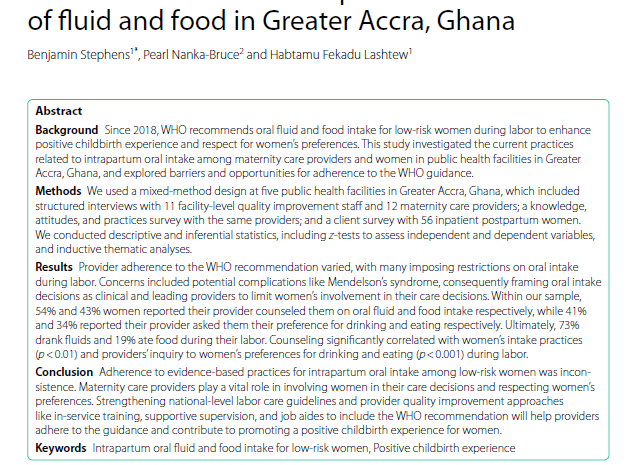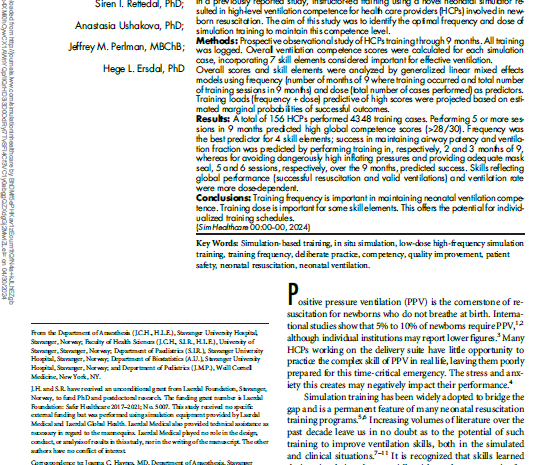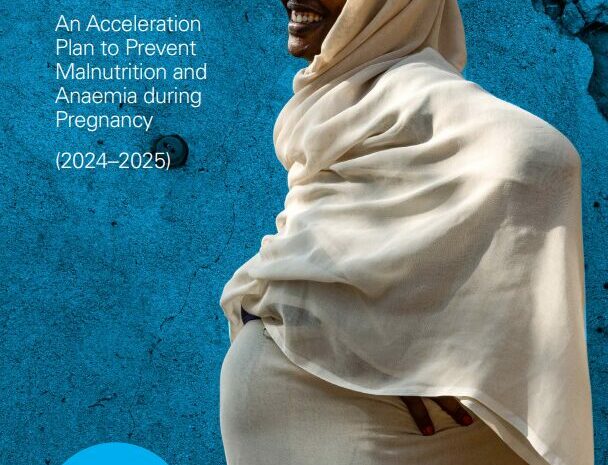Feb 17, 2021
Antenatal Care (ANC) | Quality of Care
Digital Adaptation Kit for Antenatal Care: Operational requirements for implementing WHO recommendations in digital systems

Digital Adaptation Kits (DAKs) are part of the SMART guidelines initiative and include data and health content consistent with WHO’s antenatal care recommendations, generically applicable to digital systems. They are software-neutral, operational, and structured documentation based on WHO clinical, health system and data use recommendations to systematically and transparently inform the design of digital systems. Components include: (1) linked health interventions and recommendations; (2) personas; (3) user scenarios; (4) business processes and workflows; (5) core data elements mapped to standard terminology codes (e.g. ICD); (6) decision support; (7) programme indicators; and (8) functional and non-functional requirements. This DAK focuses on antenatal care (ANC), and is among the different health domains in which DAKs are being developed.
Digital health – defined broadly as the systematic application of information and communications technologies, computer science and data to support informed decision-making by individuals, the health workforce and health systems, to strengthen resilience to disease and improve health and wellness (1) – is increasingly being applied as an essential enabler for health service delivery and accountability. Ministries of health have recognized the value of digital health as articulated within the World Health Assembly resolution (2) and the Global strategy on digital health (3). Likewise, donors have advocated for the rational use of digital tools as part of efforts to expand coverage and quality of services, as well as promote data use and monitoring efforts (4–6). Despite the investments into and abundance of digital systems, there is often limited understanding of and transparency in the health data and logic contained in these digital tools, or relationship with evidence-based clinical or public health recommendations, which not only undermines the credibility of such systems, but also impedes opportunities for interoperability and threatens potential for continuity of care.
Related Resources
See All ResourcesJournal Article
Journal Article
Mar 6, 2024
Capacity Development/Training | Complications
Journal Article
Mar 4, 2024
Nutrition | Antenatal Care (ANC)
Report
Mar 1, 2024
Nutrition | Maternal



